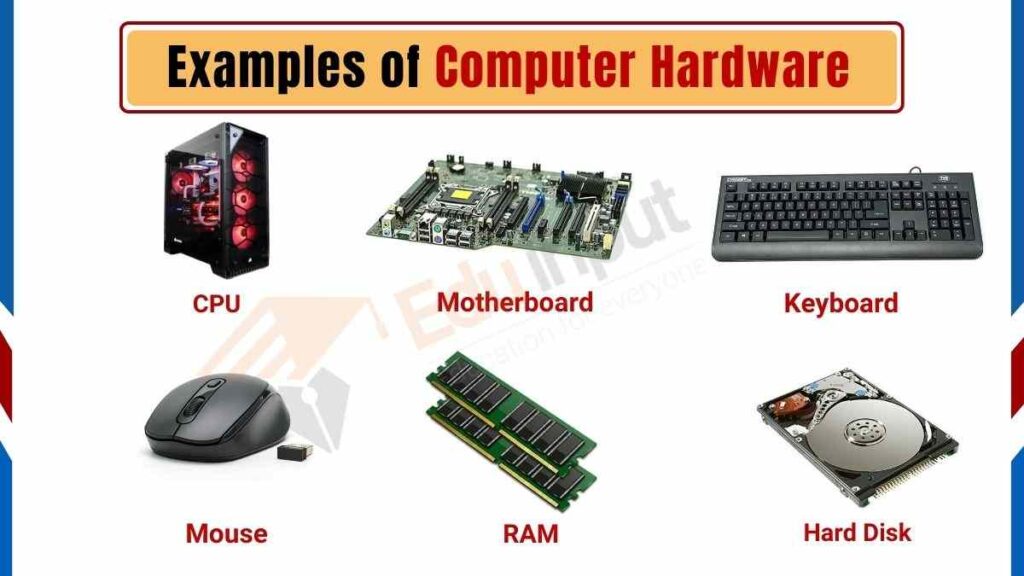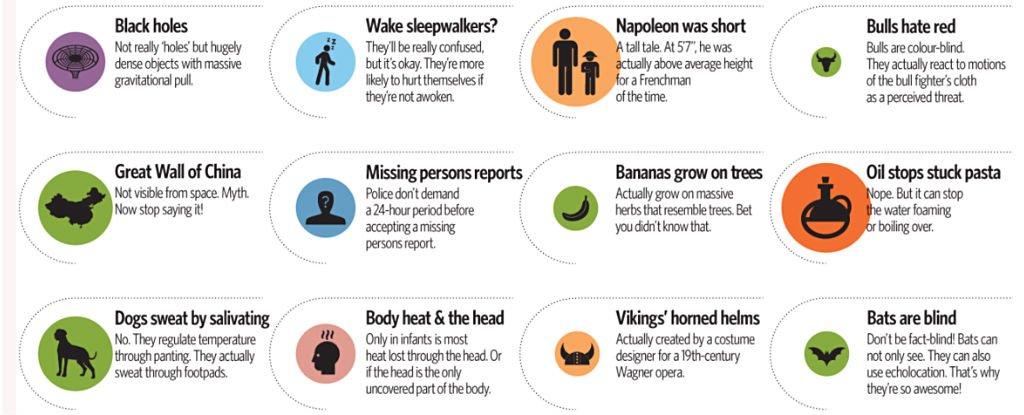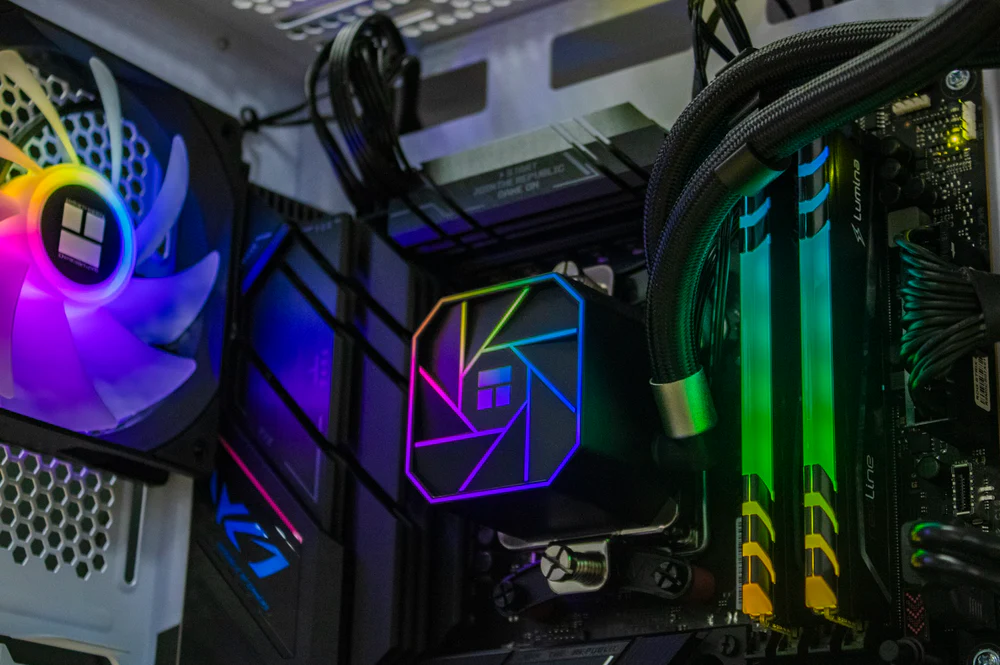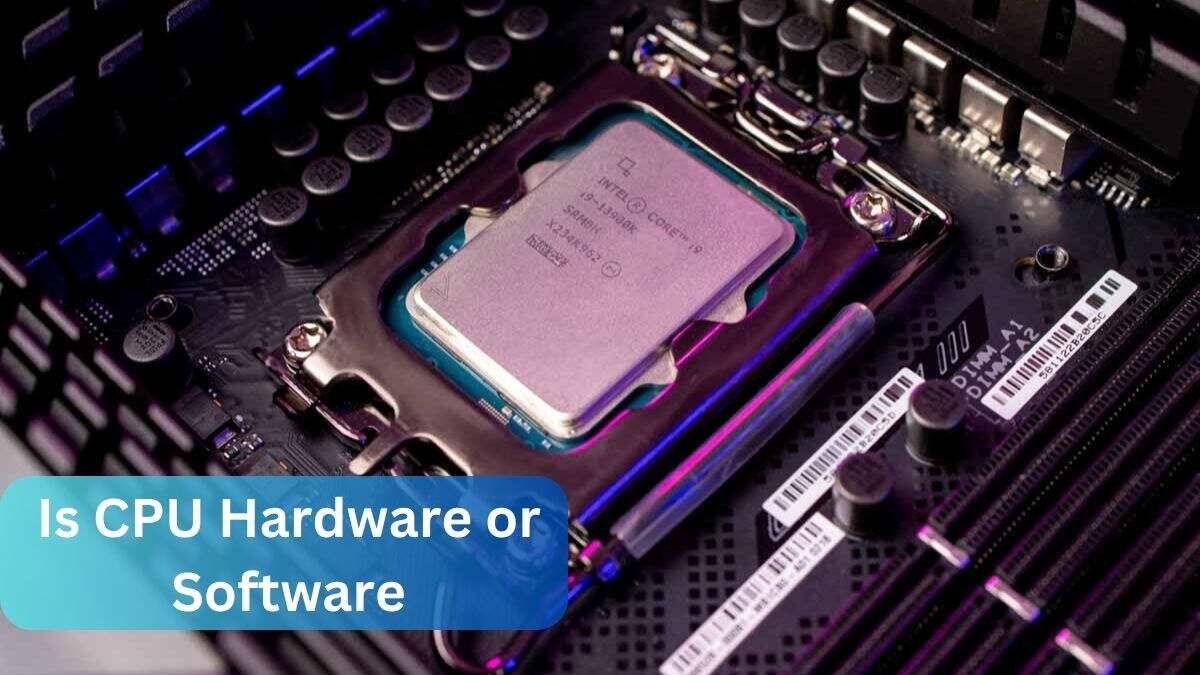The CPU (Central Processing Unit) is primarily hardware. It consists of physical components like cores and circuits. However, it relies on software, such as firmware and drivers, to operate properly and manage tasks.
From my experience working with various computers, I’ve found that the CPU is hardware, but it relies on software to function correctly. Understanding this balance between “CPU hardware or software” helped me troubleshoot many performance issues.
In this article, we will discuss “Is CPU Hardware or Software”.
Table of Contents
Introduction
In the ever-evolving world of technology, understanding the fundamentals of your computer’s central processing unit (CPU) is crucial. So, is a CPU hardware or software? This question might seem straightforward, but it dives deep into the intricate workings of computing technology. Let’s explore the nature of CPUs and their components to get a clearer picture.
What is a CPU?
The CPU, often referred to as the “brain” of a computer, is responsible for executing instructions and processing data. It’s the central component that performs the bulk of the computational tasks, making it essential for any computing device.
CPU Hardware!
Definition and Components:
At its core, a CPU is a piece of hardware. This hardware consists of several key components:

- Processor Core: The core is the central unit within the CPU where instructions are processed. Modern CPUs often have multiple cores, which allow them to handle several tasks simultaneously.
- Cache: This is a small, fast memory located within the CPU. It stores frequently accessed data to speed up processing times.
- Motherboard Integration: The CPU is mounted on the motherboard, which connects it to other hardware components, such as RAM and storage devices.
How Hardware Influences Performance:
The performance of a CPU hardware depends largely on its architecture, the number of cores, clock speed, and the size of the cache. More advanced hardware generally results in better performance, allowing for faster data processing and multitasking capabilities.
Read Most Important: Why Does My CPU Fan Start and Stop? A Comprehensive Guide 2024!
CPU Software!
Definition and Components:
CPU software includes:
- Firmware: This is a type of software that is embedded into the hardware. It provides low-level control over the CPU and ensures that it operates correctly.
- Device Drivers: These are programs that allow the operating system to communicate with the CPU and other hardware components.
Role of Software in CPU Operation:
Software is crucial for managing and controlling CPU operations. Firmware updates can improve functionality and fix bugs, while drivers ensure that the CPU can interact seamlessly with the operating system and applications.
Is CPU Hardware or Software?
Common Misconceptions:
A common misconception is that CPUs are purely hardware or software. In reality, they are primarily hardware with integral software components.

Detailed Analysis of CPU as Hardware:
The CPU itself is a physical piece of hardware. It includes transistors and circuits that perform the calculations and processes required by applications.
Detailed Analysis of CPU as Software:
While the CPU is hardware, it relies on software like firmware and drivers to operate correctly. This software ensures that the hardware functions efficiently and correctly interprets instructions from applications.
Read Most Important: Is Warzone CPU Or GPU Intensive – Upgrade Your Experience!
Differences Between Hardware and Software!
Hardware and software are fundamentally different:
- Hardware is tangible, physical components that you can touch and see, such as the CPU itself.
- Software is intangible and consists of code and instructions that guide the hardware on what to do.
How They Work Together:
Hardware and software work together seamlessly. The hardware provides the physical means to process data, while software directs and controls these processes. Without software, the hardware would be non-functional, and without hardware, software would have no medium to execute its instructions.
Impact of Hardware and Software on CPU Performance!
Benchmarks and Testing:
Performance benchmarks and testing help determine how well a CPU performs under different conditions. These tests evaluate factors such as speed, efficiency, and the ability to handle multiple tasks simultaneously.
Case Studies:
Case studies show how different CPUs perform in real-world scenarios, highlighting the impact of both hardware specifications and software optimizations on performance.
Evolution of CPU Technology!
Historical Development:
The evolution of CPU technology has seen significant advancements, from early single-core processors to the multi-core CPUs of today. Each generation brings improvements in speed, efficiency, and capabilities.
Recent Innovations:
Recent innovations include the integration of AI capabilities, advancements in semiconductor technology, and the development of more efficient architectures that cater to modern computing needs.
Future Trends in CPU Hardware and Software!
Emerging Technologies:
Emerging technologies, such as quantum computing and neuromorphic processors, are set to revolutionize CPU performance and capabilities. These technologies promise even greater processing power and efficiency.
Predictions for the Future:
Future trends indicate a continued focus on improving both hardware and software to meet the growing demands of data processing and artificial intelligence. Expect to see CPUs that are faster, more efficient, and capable of handling increasingly complex tasks.
Choosing the Right CPU for Your Needs!
Factors to Consider:
When choosing a CPU, consider factors such as performance requirements, budget, and specific use cases. Whether you need a high-performance CPU for gaming or a more budget-friendly option for everyday tasks, understanding the balance between hardware and software capabilities is key.

Hardware vs. Software Priorities:
Decide whether hardware performance or software features are more important for your needs. High-performance hardware might be essential for gaming, while software optimizations might be crucial for specific applications or tasks.
What Is Computer Hardware?
Computer hardware refers to the physical components of a computer system, like the CPU, motherboard, and hard drive. It includes all the tangible parts that you can touch and see. Hardware works together to run software applications and perform tasks.
Read Most Important: Can’t Understand CPU Utilisation During MD Resync – Ultimate Guide – 2024!
Types of Computer Hardware
Computer hardware includes several types: input devices (like keyboards and mice), output devices (like monitors and printers), storage devices (like hard drives and SSDs), and internal components (like CPUs and RAM). Each type plays a specific role in the functioning of a computer.
Is CPU a Device or Not?
The CPU is indeed a device; it’s a physical component of a computer that processes instructions. It’s a crucial part of the hardware that performs calculations and executes commands from software. Essentially, it’s the “brain” of the computer.
How Do You Know If It’s Hardware or Software?
You can identify hardware by its physical presence; it includes things you can touch, like the CPU or keyboard. Software, on the other hand, is intangible and consists of programs and data that direct the hardware on what tasks to perform.
Is RAM Hardware or Software?
RAM (Random Access Memory) is hardware. It’s a physical component of a computer that temporarily stores data for quick access by the CPU. Unlike software, which consists of instructions and code, RAM is a tangible part of the computer’s internal system.
Which Is Harder, Software or Hardware?
Determining which is harder depends on the context. Software development involves writing code and creating algorithms, which can be complex. Hardware design involves creating physical components and ensuring they work together, which can also be challenging. Both have their own difficulties and require specialized skills.
Which Is More Costly, Hardware or Software?
Typically, hardware can be more costly due to the materials and manufacturing processes involved. High-performance components like CPUs and GPUs often come with a high price tag. However, software can also be expensive, especially when it involves licensing fees or custom development.
Is Computer Engineering Harder Than Software?
Both fields have their challenges. Computer engineering involves designing and building hardware, which requires knowledge of electronics and physical systems. Software engineering focuses on creating and managing software, which involves coding and algorithms. The difficulty depends on individual skills and interests, as both are complex in their own ways.
Common Questions About CPUs!
What is the primary function of a CPU?
The CPU’s primary function is to execute instructions and process data, making it a critical component for any computing task.
How does CPU hardware affect performance?
CPU hardware affects performance through factors like core count, clock speed, and cache size. Better hardware generally results in improved performance.
What role does software play in CPU operation?
Software, including firmware and drivers, ensures that the CPU operates correctly and interacts properly with other hardware and software components.
Can a CPU function without software?
No, a CPU requires software to function correctly. Software provides the instructions that the CPU needs to execute tasks and operate efficiently.
How do I choose between different CPUs?
Consider your specific needs, such as performance requirements and budget. Compare hardware specifications and software features to find the best CPU for your use case.
Read Most Important: What Is CPU Cycle – Explore Your Computer’s Specs In 2024!
FAQs
What is the primary function of a CPU?
The CPU’s primary function is to process data and execute instructions, acting as the central unit of computation in a computer.
How does CPU hardware affect performance?
CPU hardware influences performance through factors like core count, clock speed, and cache size, impacting processing speed and multitasking capabilities.
What role does software play in CPU operation?
Software, including firmware and drivers, controls and manages the CPU’s operations, ensuring it functions correctly and efficiently.
Can a CPU function without software?
No, a CPU cannot function without software. Software provides the instructions needed for the CPU to perform tasks and interact with other components.
How do I choose between different CPUs?
To choose between different CPUs, consider factors such as performance needs, budget, and specific use cases. Compare hardware specifications and software features to make an informed decision.
Conclusion
In conclusion, understanding whether a CPU is hardware or software reveals that it’s primarily hardware but relies on essential software to function. The CPU’s physical components, such as cores and cache, handle data processing, while firmware and drivers manage its operations. Balancing these aspects is key to optimizing performance and addressing any issues effectively.
Read Most Important:

[…] Read Most Important: Is CPU Hardware or Software – Ultimate Guide In 2024! […]
[…] Read Most Important: Is CPU Hardware or Software – Ultimate Guide In 2024! […]